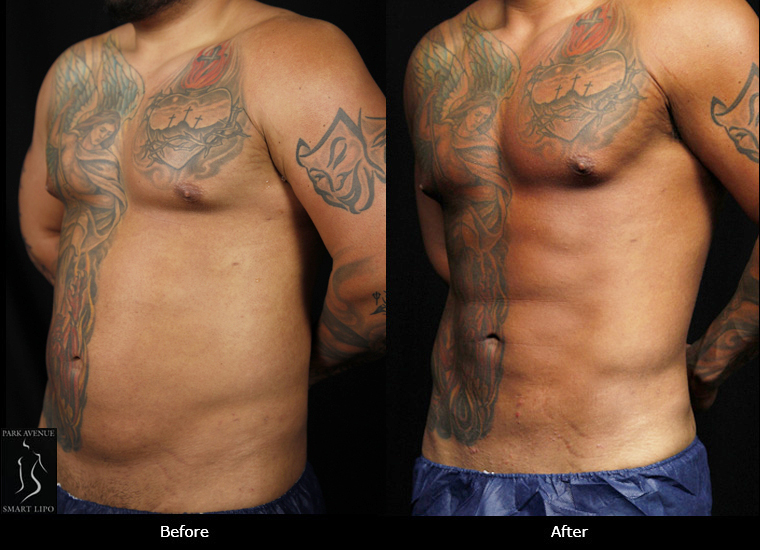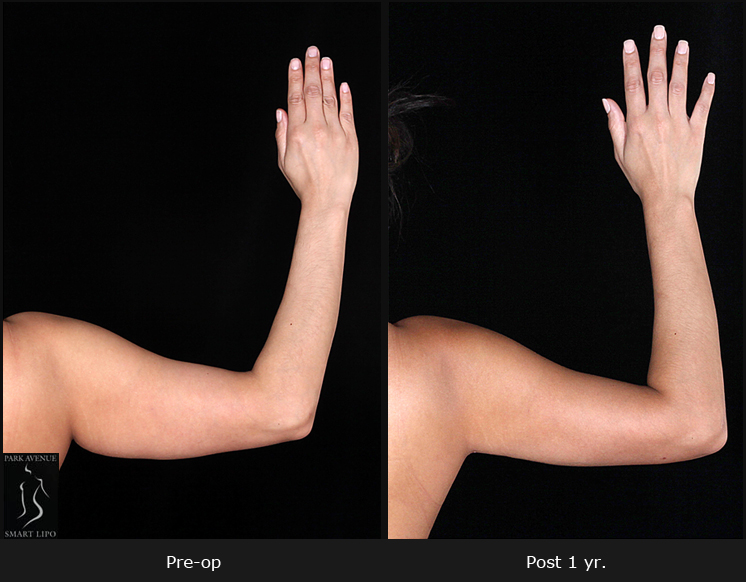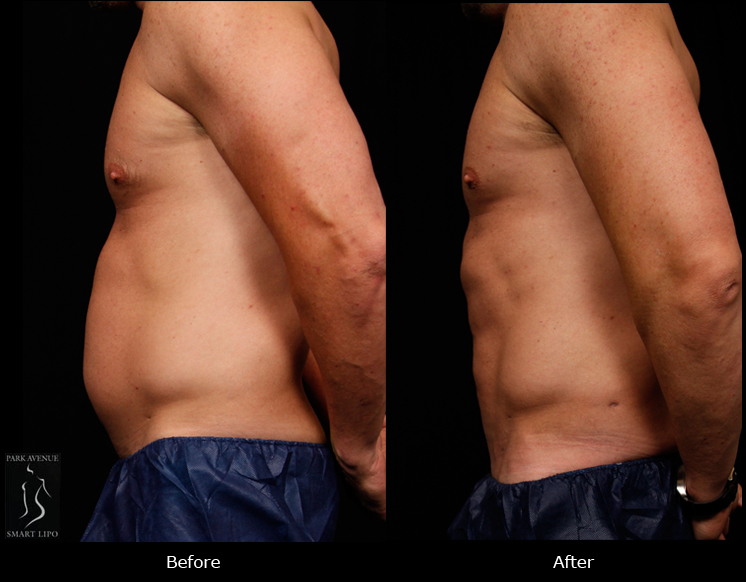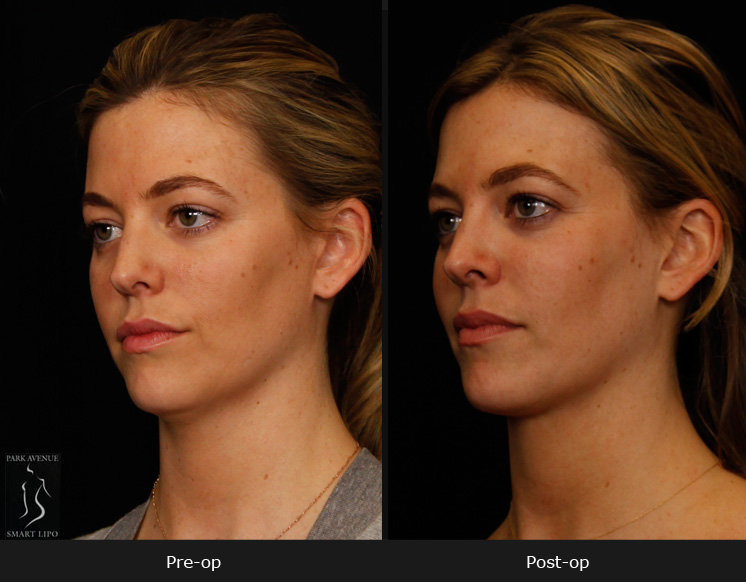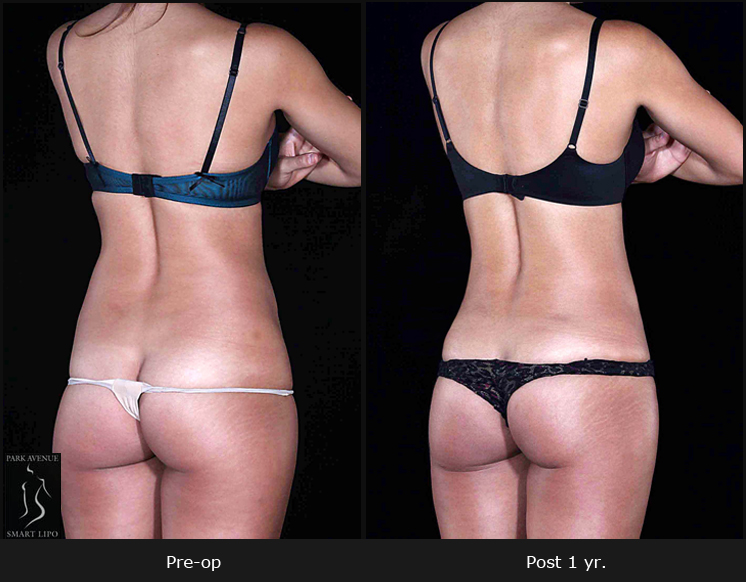Liposuction or lypolysis is popular among both men and women and International Society of Aesthetic Plastic Surgeons (ISAPS) had reported in 2010 that it was the most heavily requested plastic surgery procedure in the world. The cosmetic benefits of liposuction treatment are widely known and now, the medical benefits of the treatment are also coming to light.
According to a recent report, a woman says stemcell transfer after her procedure has helped restore her eyesight. As per the report, Julia Matsumoto went blind at the age of 31 due to a rare condition called ‘optic neuritis’. Her physician put her on medication, which helped restore her eyesight but also caused her to gain a lot of weight – up to 100 lbs in three months. She could not even walk.
As an alternative to steroids, the doctor decided to experiment with a novel treatment using stem cells extracted via liposuction. After excess fat was removed from the abdomen, the stem cells were separated from it. The harvested stem cells were transferred back to her body through an IV. Four days later, Matsumoto said she could see again.
According to the report, the stem cell treatment will be repeated every two months. However, it is still not established if her blindness was cured by lipolysis or by the steroid treatment. Moreover, stem cell therapies such as these are still in the experimental stage and not FDA approved.
Previous studies have reported on the medical benefits that liposuction surgery can have. The removal of excess fat from the body can reduce harmful fat from the blood. It was reported by one study that people who had high triglycerides – a type of fat that increases the risk of heart disease – showed a 43% reduction in this harmful fat three months after the surgery. Other medical conditions treated with lipolysis include lymphedema, gynecomastia, and lipodystrophy syndrome.
Procedures helping emotional and aesthetic issues along with improving confidence have been well documented. If while doing that it can also be used to help rehabilitate another issue for a patient, why not. The above mentioned procedures are not done and proven fully and patients should consult physicians before deciding if it might help them or not.

